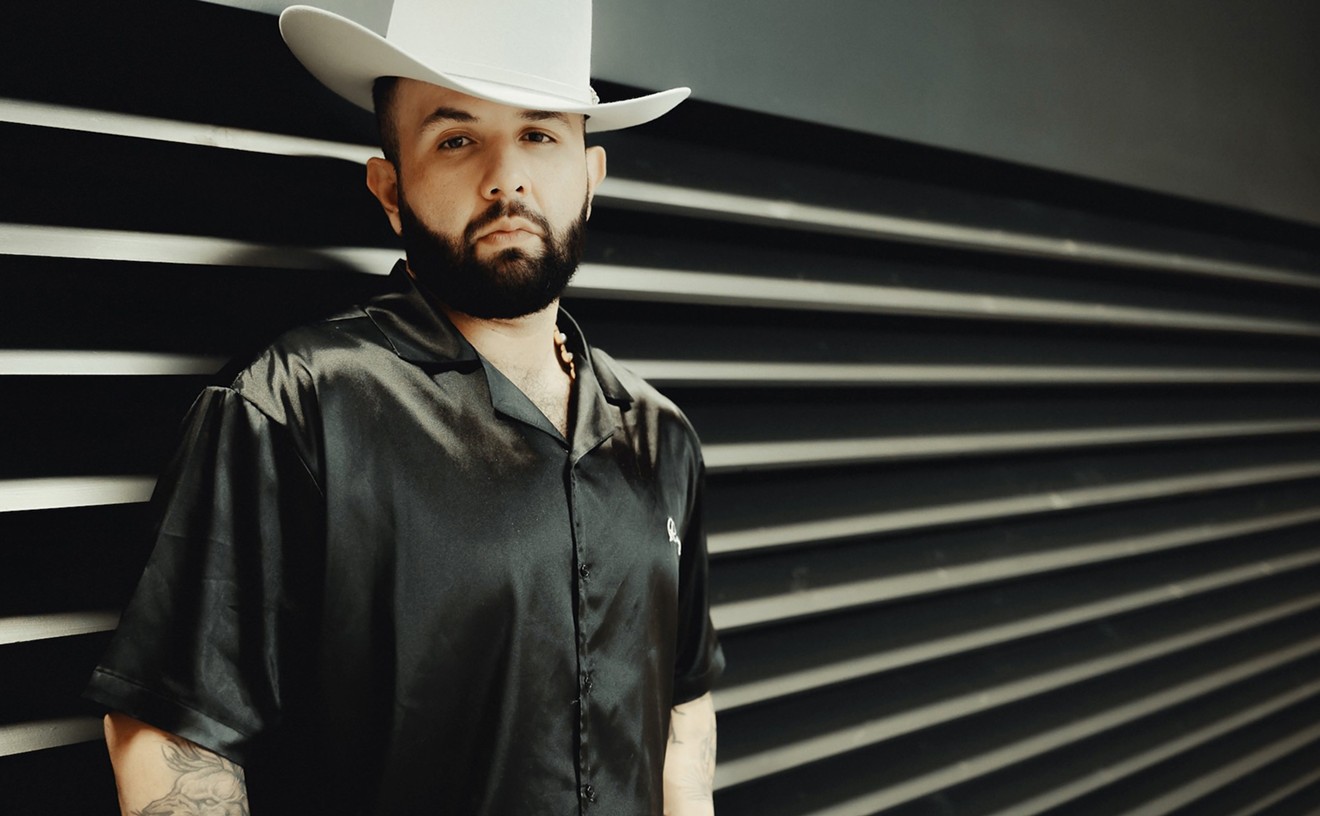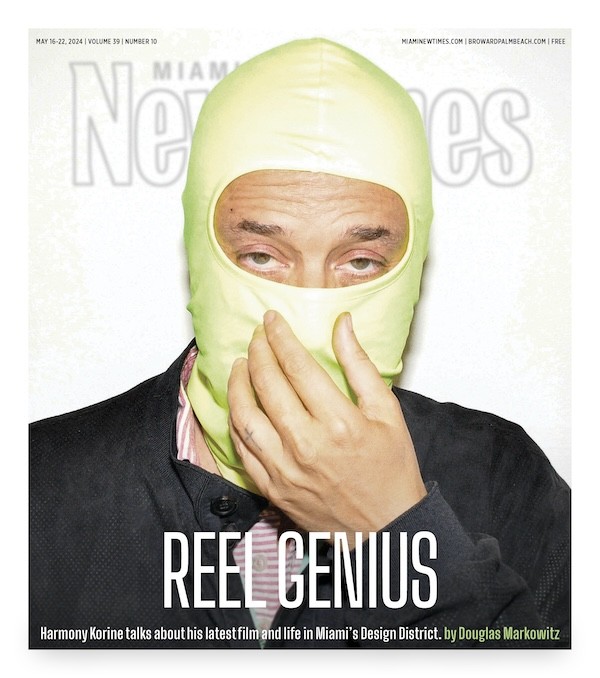Delray Beach Playhouse will host Larry Parr’s loving musical tribute to Hattie McDaniel, Hi-Hat Hattie! for a two-week run starring singer-actress Evelyn Russell. McDaniel, aside from her special place in America’s less-enlightened past, was born to former slaves in 1895. In her short 57 years on Earth, she became an accomplished actress, comedienne, singer-songwriter, and radio and television
erformer, and appeared in hundreds of films after learning the entertainment trade in 1920s vaudeville.
Best remembered for her portrayal of Mammy in 1939's Gone with the Wind, McDaniel's polarizing Academy Award for Best Supporting Actress became a bittersweet personal victory that took different meanings as a bastion on both sides of the Civil Rights movement.
It'd be nice to say that things have progressed considerably since those days but that would open a debate that these digital pages are not prepared for handling. One thing is for sure: African-American women have come a long way since then.
However, for every Beyoncé, Janet or Diana, there have been countless African-American women in music who have either fallen out of the popular conscience or faded into obscurity after a short run of fame. Within these pages, we look to pay tribute to those women so that history may be kept in check and for newer audiences to enjoy. Here are ten African-American women in music you should most definitely know about, remember, and be thankful for today.
Adelaide Hall
Adelaide Hall worked jazz and swing as well some of the poppier songs of her era. After a short stint in the U.S., she relocated to France with her husband/manager, Bertram “Bert” Hicks, and enjoyed the musical accompaniment of luminaries like Duke Ellington and Django Reinhardt. Eventually settling in the U.K. at the end of the '30s, she’d remain there, enjoying a modicum of popularity until her death in 1993, aged 92 years young.
Ida Cox
“The Uncrowned Queen of the Blues,” Ida Cox was a blues singer who came up in vaudeville. Of an indomitable spirit and wth a sharpness for getting things done her way, Cox was a powerhouse performer who wrote her own material and proved business-savvy, running her own troupe, Raisin’ Cain, for close to a decade.
Nancy Wilson
Nancy Wilson’s voice, honeyed and sultry, was perfect for her era. With Mad Men cool and a performance package that could fully entrance a nightclub Wilson worked mostly in jazz. After her marriage to a Presbyterian minister in 1973, her career shifted abruptly from smoky clubs to cleaner environs.
Gladys Bentley
Singer Gladys Bentley was a cross-dressing, raunchy lyricist, and openly gay during the Harlem Renaissance. A piano player and performer as well, Bentley was a defiant and incredibly modern force on the American music scene of the interbellum years. Black, gay, and successful — call that the James Baldwin Trifecta — her musical legacy has been overshadowed somewhat by her status as a symbol in the LGBT community.
Gertrude Rainey
“Ma” Rainey, the "Mother of the Blues," is another modern example of progressive staunchness in identification of self during the more repressed early decades of the last century. A powerhouse singer, Rainey was most recently portrayed by Mo’Nique in the Bessie Smith biopic, Bessie.
Sugar Pie DeSanto
Sugar Pie DeSanto, born Umpeylia Marsema Balinton, is of African-American and Filipino heritage. DeSanto is the kind of musical discovery everybody wants to claim as their own once they know about her. Her classic duet with Etta James, “In the Basement,” is an R&B masterpiece. Success seemed to evade DeSanto in a way it didn’t James, but the few tracks that they cut together are solid rockers. DeSanto’s strong suit was as a performer, and it wouldn’t be until the late '90s that a live recording showcasing this talent was finally released. She’s still alive and kicking as of this writing, rocking the stage occasionally at 80 years young.
Rosetta Tharpe
Sister Rosetta Tharpe is another one of those musicians that, once discovered, you must share immediately. Thanks to enlightened rockers today, and in part to a minute snippet showing the above in the film Amélie and Johnny Cash’s adoration, this rocking purveyor of fine, gospel-ized rock 'n' roll has not faded entirely into the dark abysses of the mind. Never to be taken for a novelty act, Sister Rosetta Tharpe was as a legit a rocker as it gets, and she makes that guitar sing in a way that has been imitated ever since.
Ann Peebles
Ann Peebles enjoyed a bit of success during the '70s with her Memphis soul and blues in the R&B charts. Never fully broken into mainstream America, her song “Breaking Up Somebody’s Home” would become an oft-covered favorite by musicians like Bette Midler. Bowing down from the industry with disco’s rise, Peebles has enjoyed some longevity via her music sampled by numerous hip-hop artists.
Joyce Bryant
In the '40s and '50s, Joyce Bryant was the leading sex symbol of the African-American community. Often called the “black Marilyn Monroe,” Bryant also gained her popularity and notoriety in a decade’s span, but her image, silver-haired and mermaid-dress-clad, was as edgy as her material. Locally, she was the first black entertainer to perform in Miami Beach in 1952.
Little Eva
Little Eva’s career, though nurtured by Carole King, was marred by novelty numbers like “The Loco-Motion” and “Let’s Turkey Trot.” Not gaining the widespread success she should’ve received, Little Eva, born Eva Boyd, suffered from her association with those songs. Retiring into a North Carolina life of obscurity, her catalog was revisited after Kylie Minogue covered “The Loco-Motion” in the late '80s. This prompted a return to the stage in the oldies revival circuit until her death 2003.
Hi-Hat Hattie!
Saturday, November 28 through Sunday, December 13 at The Delray Beach Playhouse, 950 NW 9 Street, Delray Beach. Tickets are $30 ($15 for students 18 and younger). For times and ticket details call 561-272-1281, or visit delraybeachplayhouse.com.
[
{
"name": "GPT - Billboard - Slot Inline - Content - Labeled - No Desktop",
"component": "16971022",
"insertPoint": "2",
"requiredCountToDisplay": "2"
},{
"name": "Editor Picks",
"component": "15769925",
"insertPoint": "4",
"requiredCountToDisplay": "1"
},{
"name": "Inline Links",
"component": "16575154",
"insertPoint": "8th",
"startingPoint": 8,
"requiredCountToDisplay": "7",
"maxInsertions": 25
},{
"name": "GPT - Rectangle 2x - Slot Auto-select - Labeled",
"component": "15782206",
"insertPoint": "8th",
"startingPoint": 8,
"requiredCountToDisplay": "7",
"maxInsertions": 25
},{
"name": "Inline Links",
"component": "16575154",
"insertPoint": "8th",
"startingPoint": 12,
"requiredCountToDisplay": "11",
"maxInsertions": 25
},{
"name": "GPT - Leaderboard to Tower - Slot Auto-select - Labeled",
"component": "15782207",
"insertPoint": "8th",
"startingPoint": 12,
"requiredCountToDisplay": "11",
"maxInsertions": 25
}
]










